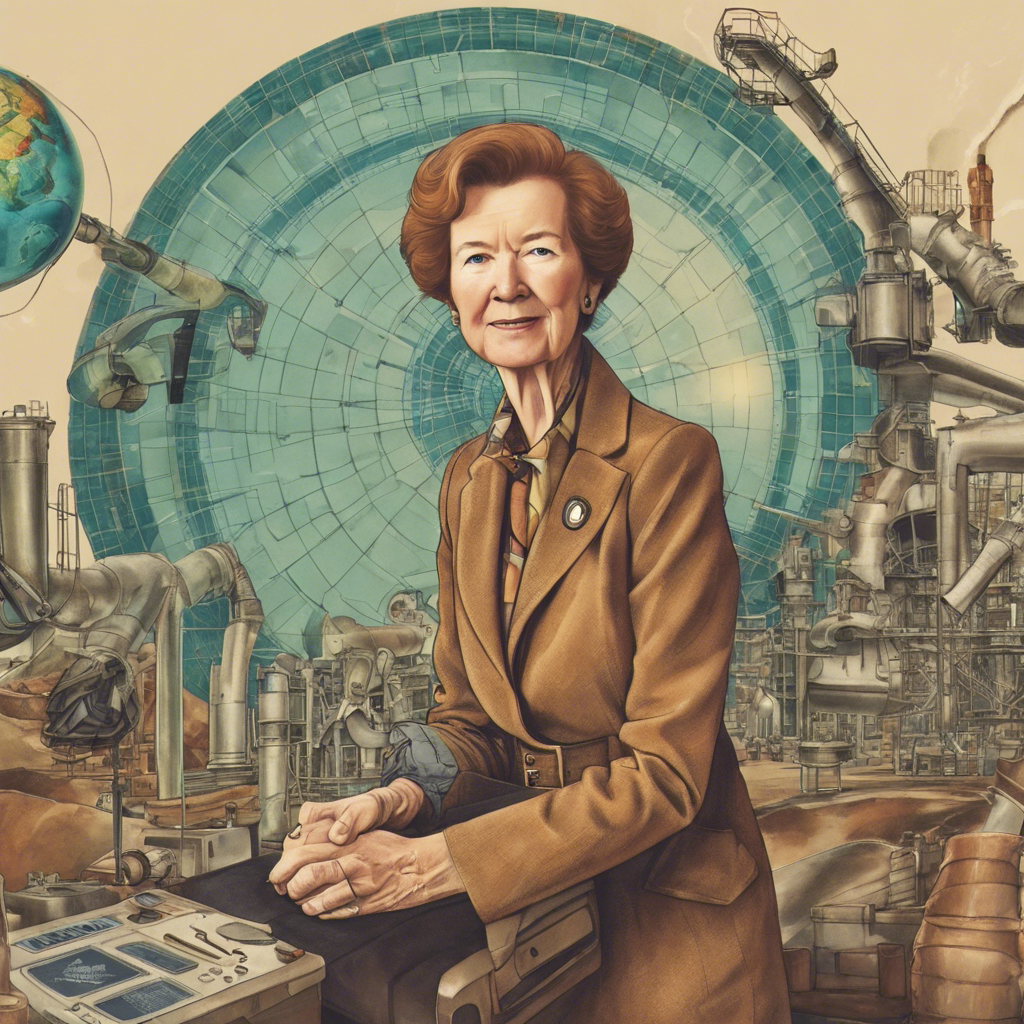Cop28 President Claims “No Science” Supports Fossil Fuel Phase-Out for 1.5C Goal

Sultan Al Jaber’s comments spark controversy and concern among scientists and climate activists
The president of Cop28, Sultan Al Jaber, has stirred up controversy with his recent remarks denying the need for a phase-out of fossil fuels to limit global heating to 1.5 degrees Celsius. Al Jaber, who is also the chief executive of the United Arab Emirates’ state oil company, Adnoc, made these comments during a live online event. His statements have been met with criticism from scientists and climate experts, who argue that a rapid transition away from fossil fuels is crucial to mitigating the climate crisis. The debate over the role of fossil fuels at Cop28 has become a key issue, with the outcome potentially shaping the success of the summit.
Al Jaber’s Claims Draw Criticism and Accusations of Climate Denial
During the online event, Al Jaber engaged in an ill-tempered exchange with Mary Robinson, the chair of the Elders group and a former UN special envoy for climate change. Robinson challenged Al Jaber on the need to phase out fossil fuels, highlighting the impact of the climate crisis on vulnerable communities. In response, Al Jaber dismissed the idea, stating that there is no scientific evidence supporting a fossil fuel phase-out for achieving the 1.5-degree target. His comments have been deemed “incredibly concerning” and “verging on climate denial” by scientists and experts.
The Debate Over Fossil Fuel Phase-Out Intensifies at Cop28
The question of whether to call for a phase-out or phase-down of fossil fuels has become a contentious issue at Cop28. More than 100 countries already support a phase-out, while others, including Russia, Saudi Arabia, and China, reject the idea. The final agreement at Cop28 may hinge on the language used to address fossil fuels. The urgency to reduce emissions and limit climate impacts necessitates deep and rapid cuts in fossil fuel use. The disagreement over this issue has raised concerns about the ability of Cop28 to deliver on its goals.
Experts Dismiss Al Jaber’s Claims and Highlight the Urgency of Transition
Leading climate scientists have criticized Al Jaber’s statements, emphasizing the overwhelming evidence supporting the need to phase out fossil fuels. They argue that a failure to do so would have dire consequences for humanity. The International Energy Agency’s net-zero emissions scenario clearly outlines the necessity of ending new fossil fuel development. Furthermore, experts refute the notion that fossil fuels are essential for sustainable development, pointing to the massive co-benefits associated with transitioning to a fossil-free world.
Al Jaber’s Position Raises Conflict of Interest Concerns
Al Jaber’s role as Cop28 president and his position as the CEO of Adnoc, a major oil company, has raised concerns about potential conflicts of interest. Critics argue that his statements align with the interests of the fossil fuel industry rather than the urgent need for climate action. Leaked documents prior to the summit revealed the UAE’s intention to promote oil and gas deals during climate meetings. These revelations have increased pressure on Al Jaber to deliver a robust agreement at Cop28.
Conclusion:
The controversy surrounding Sultan Al Jaber’s remarks highlights the ongoing debate over the role of fossil fuels in addressing the climate crisis. While scientists and experts overwhelmingly support a phase-out of fossil fuels to limit global heating, Al Jaber’s comments have drawn criticism for their dismissal of scientific evidence. The outcome of the fossil fuel debate at Cop28 will be crucial in determining the success of the summit and the world’s ability to tackle the climate emergency effectively. As the negotiations continue, the urgency of transitioning away from fossil fuels remains a central concern for climate activists and scientists alike.










